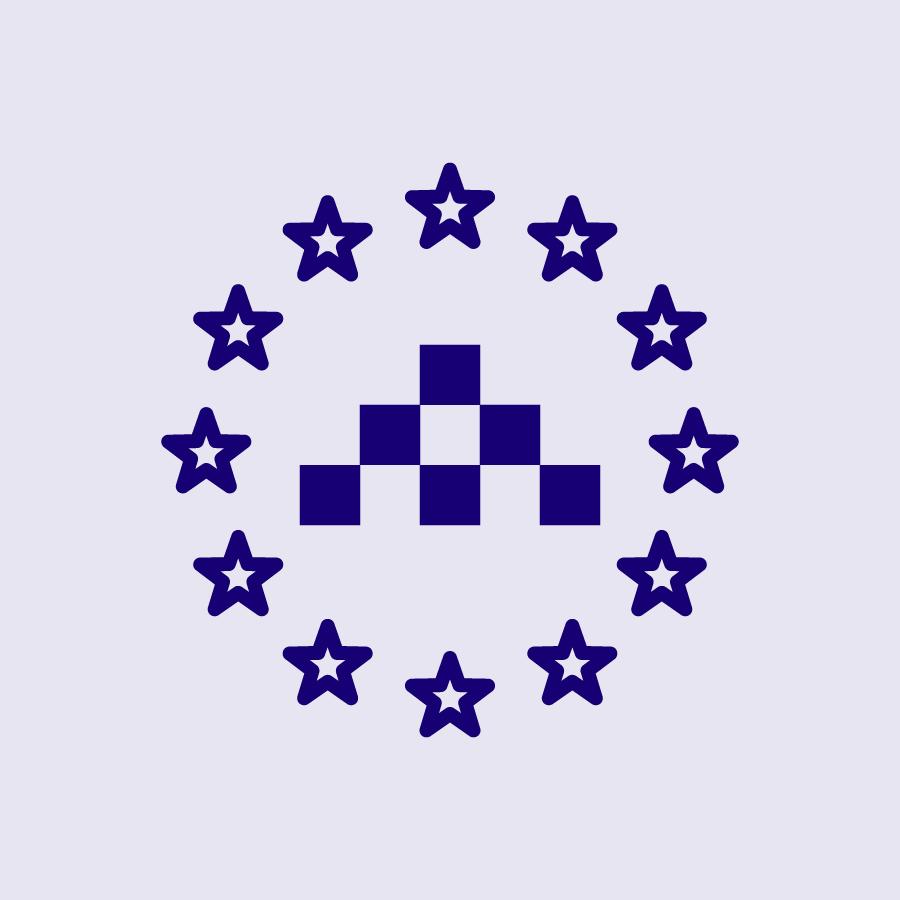CyberHubs EU
"CyberHubs EU" is a 3-year long Erasmus+ project, coordinated by Digital Europe together with a consortium of 21 partners from different countries and 3 associated partners, aiming to connect education, industry and policymakers in a network of sustainable digital hubs. It runs from 2024 to 2027 – with the mission to connect education, industry and policymakers through a network of sustainable digital hubs.
Background and context
If we are to take a look at the education landscape in Europe, we discover a mixed picture. According to the 2024 Education and Training Monitor, the participation of adults in learning remains limited and uneven across EU countries. Training offers are out there, but they are fragmented, and education curricula is often slow to follow respective changes in the labour market. Participation rates are not only uneven across EU countries (from 9.5% in Bulgaria to 66.5% in Sweden). They are also substantially lower among key target groups of adults most in need of reskilling and upskilling.
Universities struggle to adapt courses fast enough to follow labour market developments and there is an acute shortage of key roles and occupations across industry sectors. In 2023, over half (57.5%) of EU companies that tried to recruit ICT specialists experienced difficulties in filling key ICT vacancies. The CyberHubs EU project addresses some of these issues head on, by building an EU-level effort to map skills and needs, and setting up a national hub and network of collaborative stakeholders.
About this initiative
To tackle the challenges above, the “Cyber Hubs” project takes a structured approach to fostering cybersecurity resilience, bringing together a network of 7 hubs, using the European Cybersecurity Skills Framework (ECSF) to ensure coherence. They also conduct evidence-based skills analysis and develop national strategies and action plans. They also deliver services – like organising awareness-raising campaigns, participation and organisation of hackathons and others. Each hub serves as a connection point for those interested in streamlining efforts to support a diverse and knowledgeable talent base in Europe and enhance collaboration between actors in the field.
Why is this a good practice?
It is this mix of approaches that makes Cyber Hub project both practical and forward-looking. Skills intelligence and forecasting conducted between 2024 and 2025 has served as the analytical backbone of the project’s methodology. More than 2,600 job ads were analysed, over 600 survey responses gathered, and over 100 experts engaged in various focus groups. All this ultimately led to the development of 7 national cybersecurity skills strategies. So far, more than 100 participants have taken part in coordination meetings, helping to align output and efforts from one hub to the next.
Visits between hubs have also been organised - in Estonia, Slovenia, Greece, Spain and other countries, so hub members can communicate with one another. Since April 2025, all hubs have formally been established, with activities launched. Over 1,400 participants were engaged in this process - surpassing expectations in terms of number of people reached.
The CyberHubs project is also preparing a Cybersecurity Hackathon, launching in October 2025 in a hybrid format (online and in-person in Budapest, Hungary). Within that particular avenue, more than 100 cybersecurity training programs have been listed, with over 50 learner registrations already created. CyberHubs has been showcased at the EU CyberSecurity Conference 2024 and many other EU-wide, large-scale conferences.







